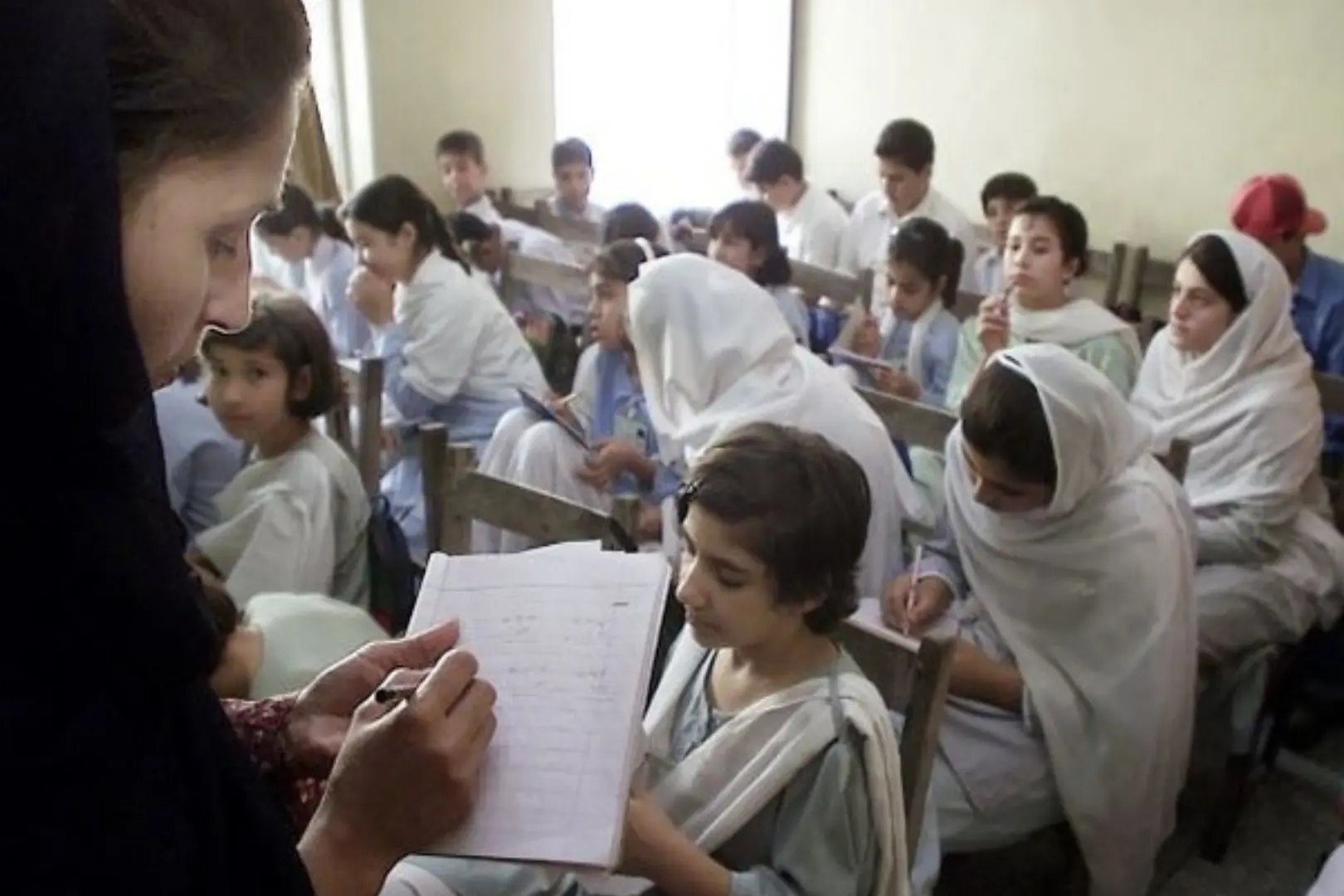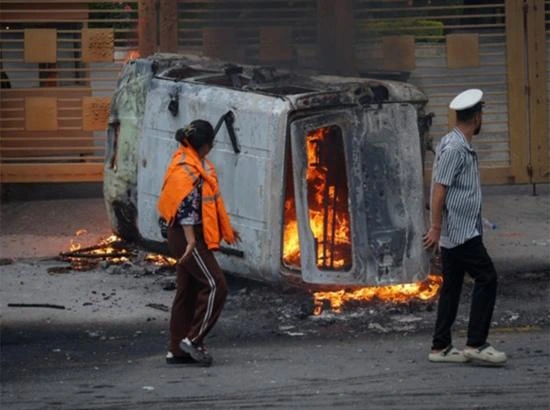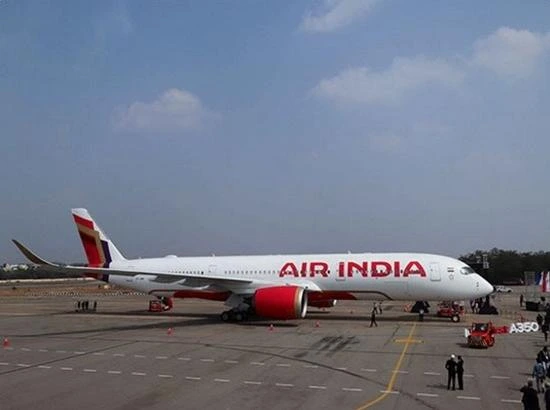05-Nov-2024, 01:36 PM
In Pakistan, teachers from Balochistan University have taken to the streets to protest against eight months of unpaid salaries, highlighting a deepening financial crisis within the education sector. On April 24, 2024, educators marched from the university to Hockey Chowk in Quetta, demanding immediate payment of their dues and calling for a resolution to the ongoing financial instability affecting the institution.
Background of the Protest
The protest was led by prominent figures from the Academic Staff Association, including Professor Kaleemullah Bareech and Nazeer Lehri. They expressed their frustration over the government’s failure to address the financial woes plaguing Balochistan University, which has left many employees struggling to make ends meet. Holding placards that demanded justice, the teachers chanted slogans against both the university administration and provincial government officials, accusing them of neglecting the education sector and lacking a coherent policy to support it.
The situation at Balochistan University is emblematic of broader issues within Pakistan’s educational institutions, where inadequate funding and mismanagement have led to severe operational challenges. The teachers’ protest follows a previous demonstration outside the Balochistan Assembly just a month earlier, indicating a sustained effort by educators to draw attention to their plight.
Impact on Daily Life
The protest not only affected university operations but also disrupted daily life in Quetta. Road blockades resulting from the demonstration led to significant traffic delays, frustrating local residents. Muhammad Tanveer, a primary school teacher caught in the chaos, lamented the inconvenience caused by the protests, illustrating how the educators’ struggle has ripple effects throughout the community.
Government Response
The Chief Minister of Balochistan, Mir Sarfaraz Bugti, is under increasing pressure as these protests continue. While he has made promises regarding improvements in education funding and policies, many teachers remain skeptical about tangible changes. The ongoing demonstrations serve as a stark reminder of the urgent need for government action to stabilize the educational environment in Balochistan.
Conclusion
The teachers’ protests at Balochistan University reflect a critical moment in Pakistan’s educational landscape. With salaries unpaid for months and no clear resolution in sight, educators are determined to fight for their rights and advocate for systemic changes that will benefit not only themselves but also future generations of students. As they continue their struggle for justice and fair compensation, it remains crucial for authorities to engage with these educators and address their legitimate concerns comprehensively.





